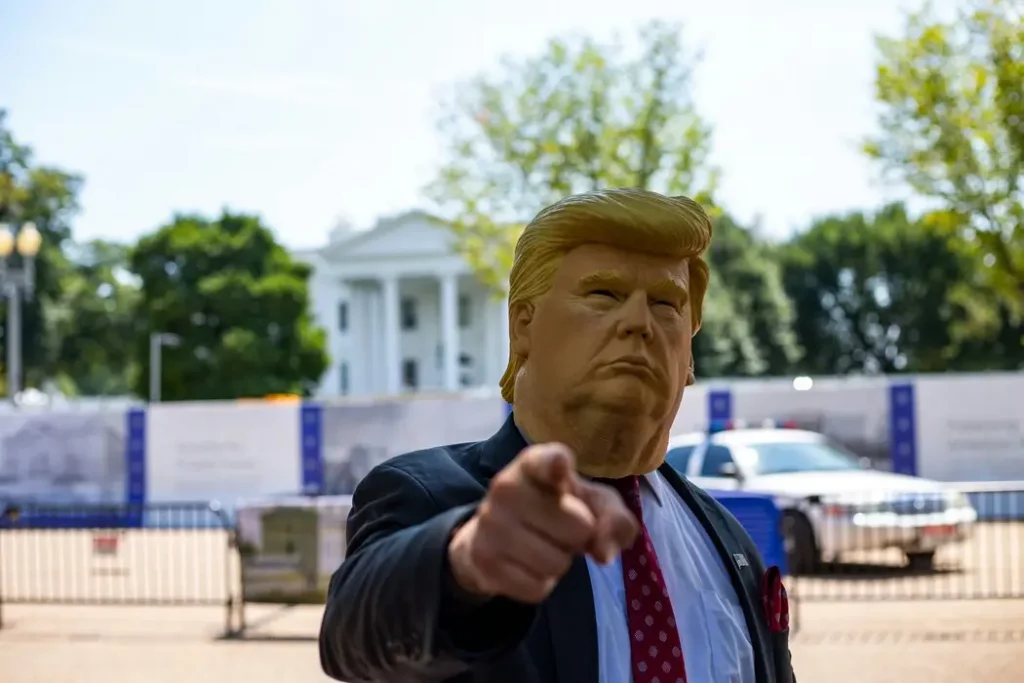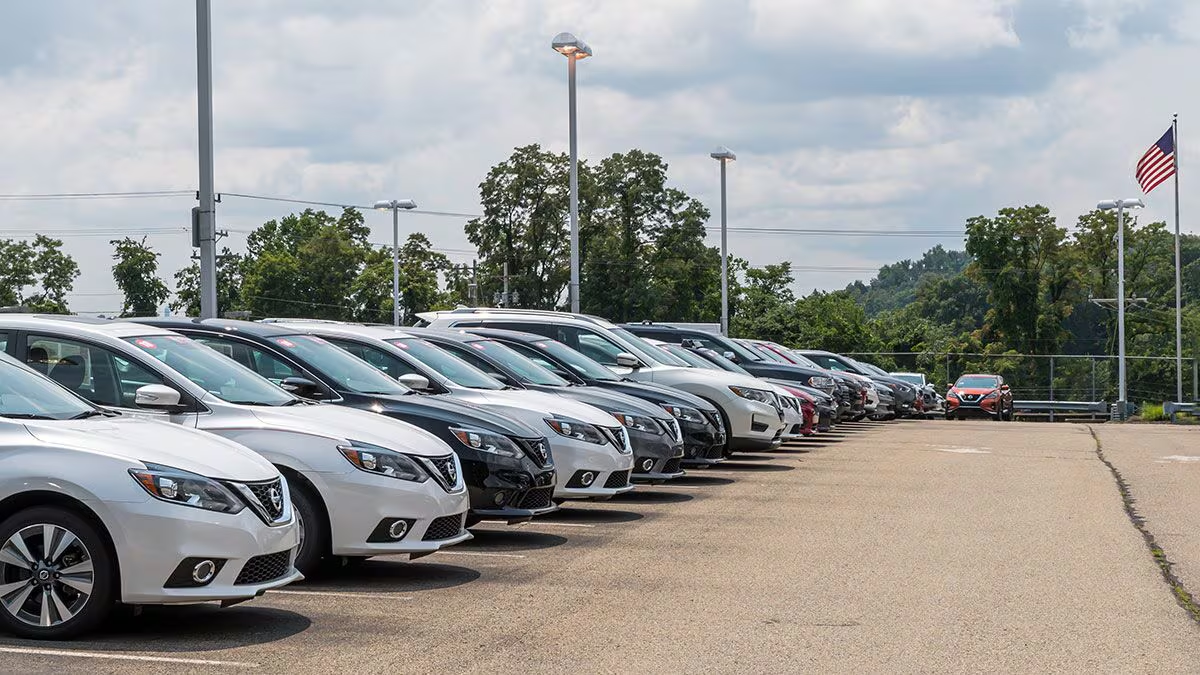Once in a modern era, in the bustling world of international politics and global trade, a dramatic announcement echoed from the United States, setting the stage for a tale of tariffs, trade, and tension.
This wasn’t just any policy pronouncement; it was a bold move by former President Donald Trump, known for his flair for the dramatic and his penchant for shaking the foundations of global commerce. Trump’s latest gambit? A startling 100% tariff on Chinese cars manufactured in Mexico, a move that reverberated through boardrooms and government halls around the world.

Trump’s New Tariff Plan: 100% on Mexico-Made Chinese Cars (PDF)
A Bold Stroke on the Canvas of Global Trade
Trump’s announcement didn’t come out of the blue. Rather, it was the climax of a series of actions and statements aimed at reshaping the United States’ trade relationships, particularly with China and Mexico.
By proposing a tariff that essentially doubles the cost of every Chinese car crossing from Mexico into the United States, Trump was drawing a line in the sand, signaling his readiness to escalate his trade war to new heights.
This wasn’t merely about tariffs; it was a statement, a strategic play in a complex game of economic chess. Trump addressed Chinese President Xi Jinping directly during a rally speech, asserting his determination to challenge the current trade dynamics.
“Those big monster car manufacturing plants you are building in Mexico right now and you think you are going to get that — not hire Americans and you’re going to sell the car to us, no,” Trump declared. “We are going to put a 100 percent tariff on every car that comes across the lot.”
The Backdrop: A Tale of Tariffs and Tensions
Trump’s tariff threat isn’t an isolated chapter in the saga of international trade. It comes against a backdrop of rising tensions and a history of tit-for-tat tariffs between the US and China. Earlier, Trump had already floated the idea of a 50 percent tariff on Chinese cars, along with proposals for tariffs on a broader range of Chinese goods and even goods made anywhere in the world.
“You screw us and we’ll screw you,” he said in his typically blunt manner, underscoring his confrontational approach to trade negotiations.
But why the focus on cars made in Mexico? The automotive industry is a critical part of the economic relationship between the US, Mexico, and China. By targeting cars specifically, Trump was striking at a vital nerve of global trade, hoping to leverage this pressure point to secure concessions and reshape trade dynamics in favor of the United States.
Ripples Through Politics and Policy
The ramifications of Trump’s tariff threat extend beyond economics, into the very heart of political strategy and public perception. This bold move comes as Trump solidifies his grip on the Republican Party, despite facing criminal cases, and prepares for a potential rematch with President Joe Biden.
His tariff talk is not just about trade; it’s also about rallying his base, reinforcing his image as a fighter unafraid to challenge international norms in defense of American interests.
Meanwhile, critics and opponents view Trump’s strategy as risky, potentially setting the stage for economic retaliation and further straining international relations. Biden’s campaign has been quick to criticize, pointing to past incidents and accusing Trump of courting political violence.
A Future Carved by Tariffs?
As this new chapter in the saga of Trump’s trade policies unfolds, the world watches with bated breath. The proposed 100% tariff on Chinese cars made in Mexico is more than a policy; it’s a statement, a move in a global game that could reshape industries, economies, and political landscapes.
But as the dust settles and analysts ponder the implications, one question lingers: Will this bold move lead to a better deal for American workers and consumers, or will it escalate tensions, leading to further economic skirmishes in an already volatile global trade environment?



